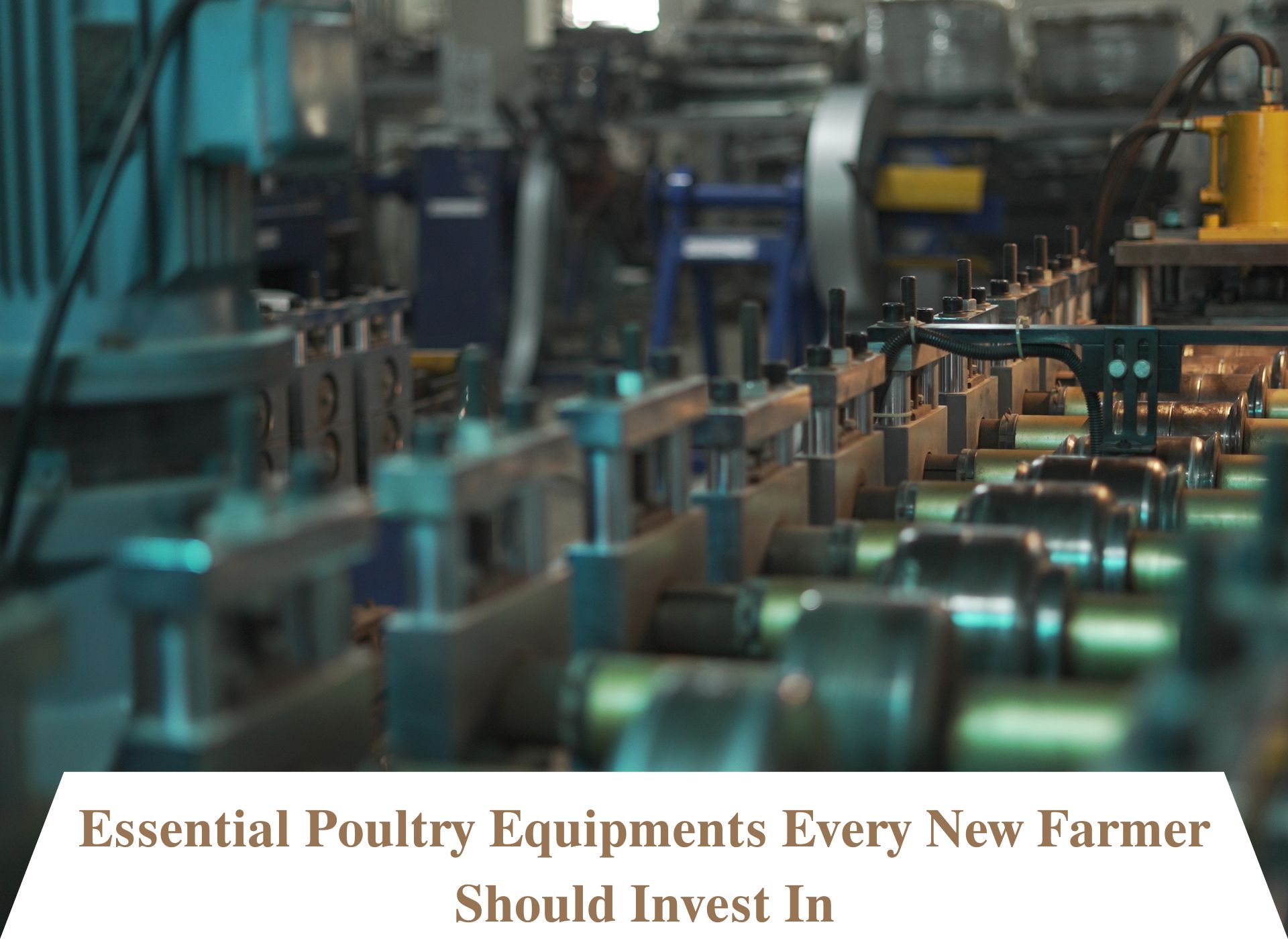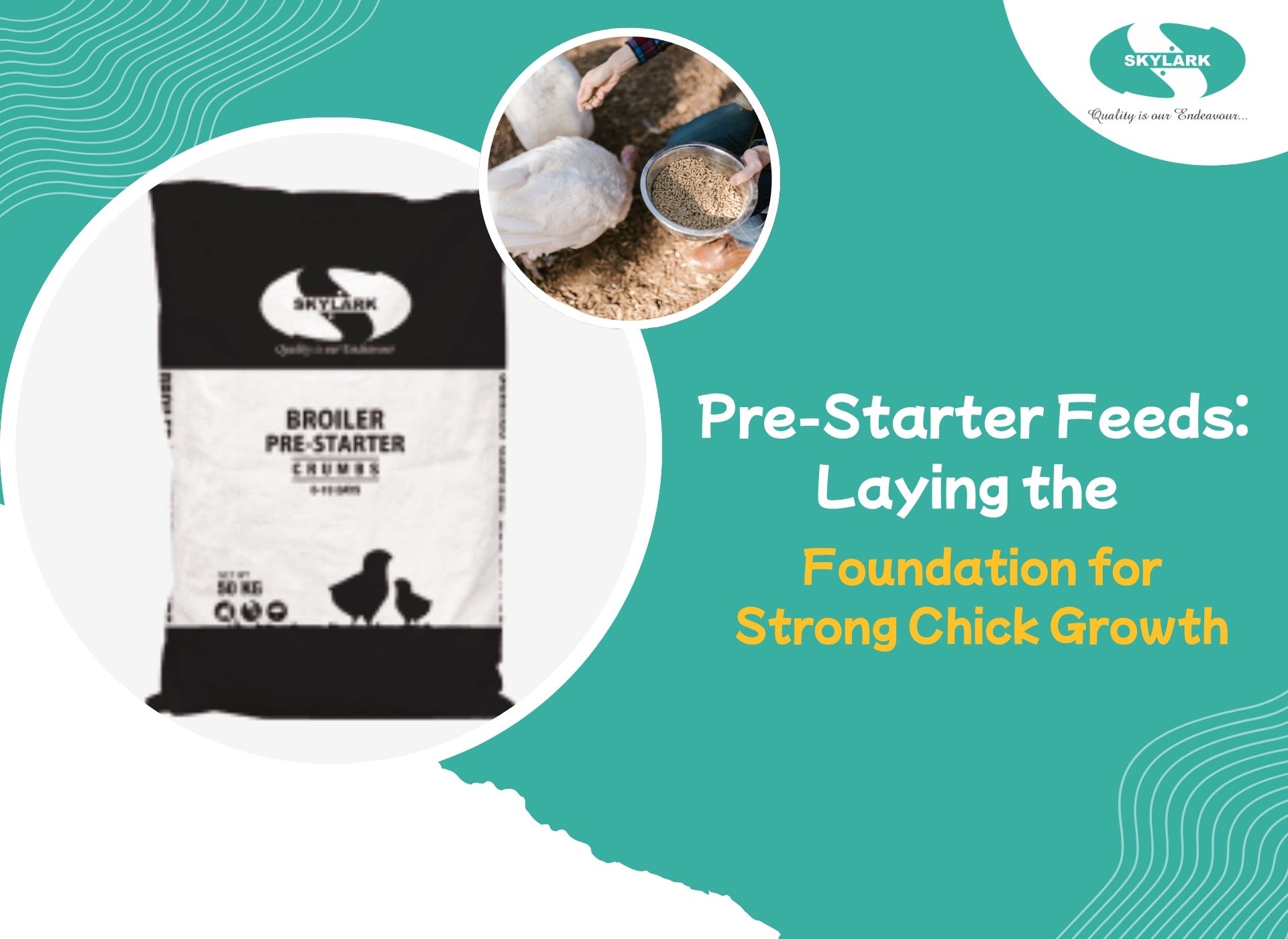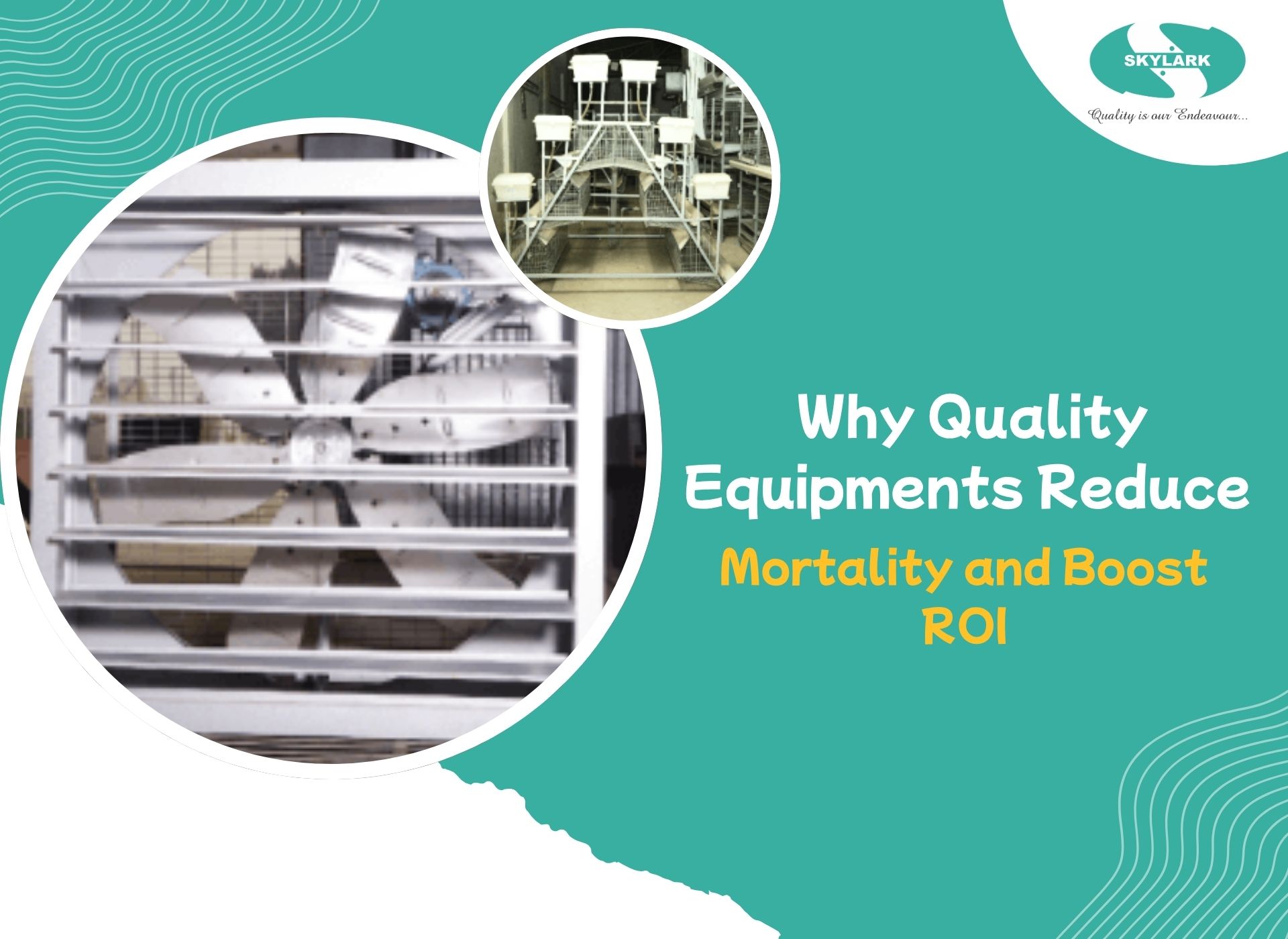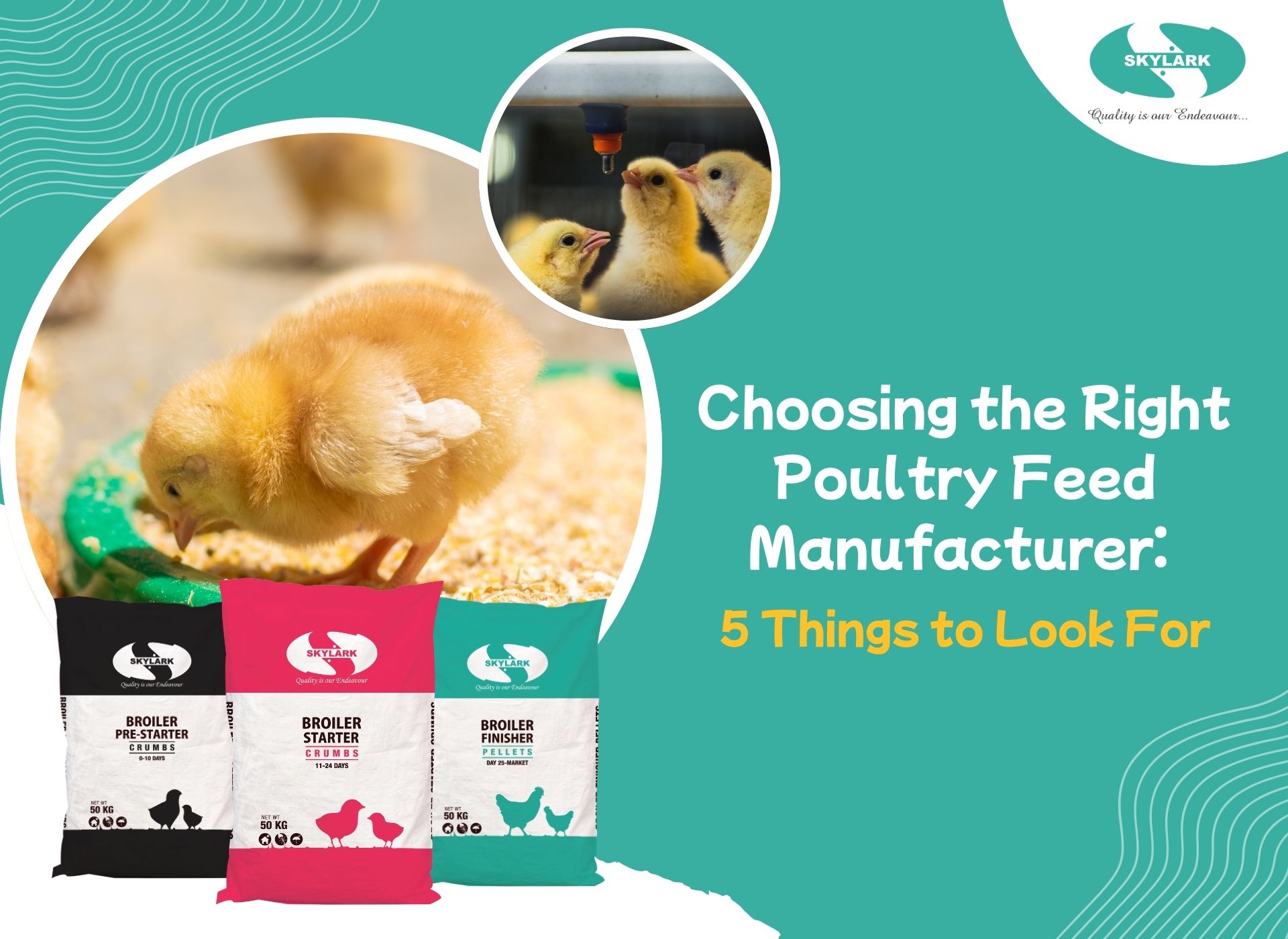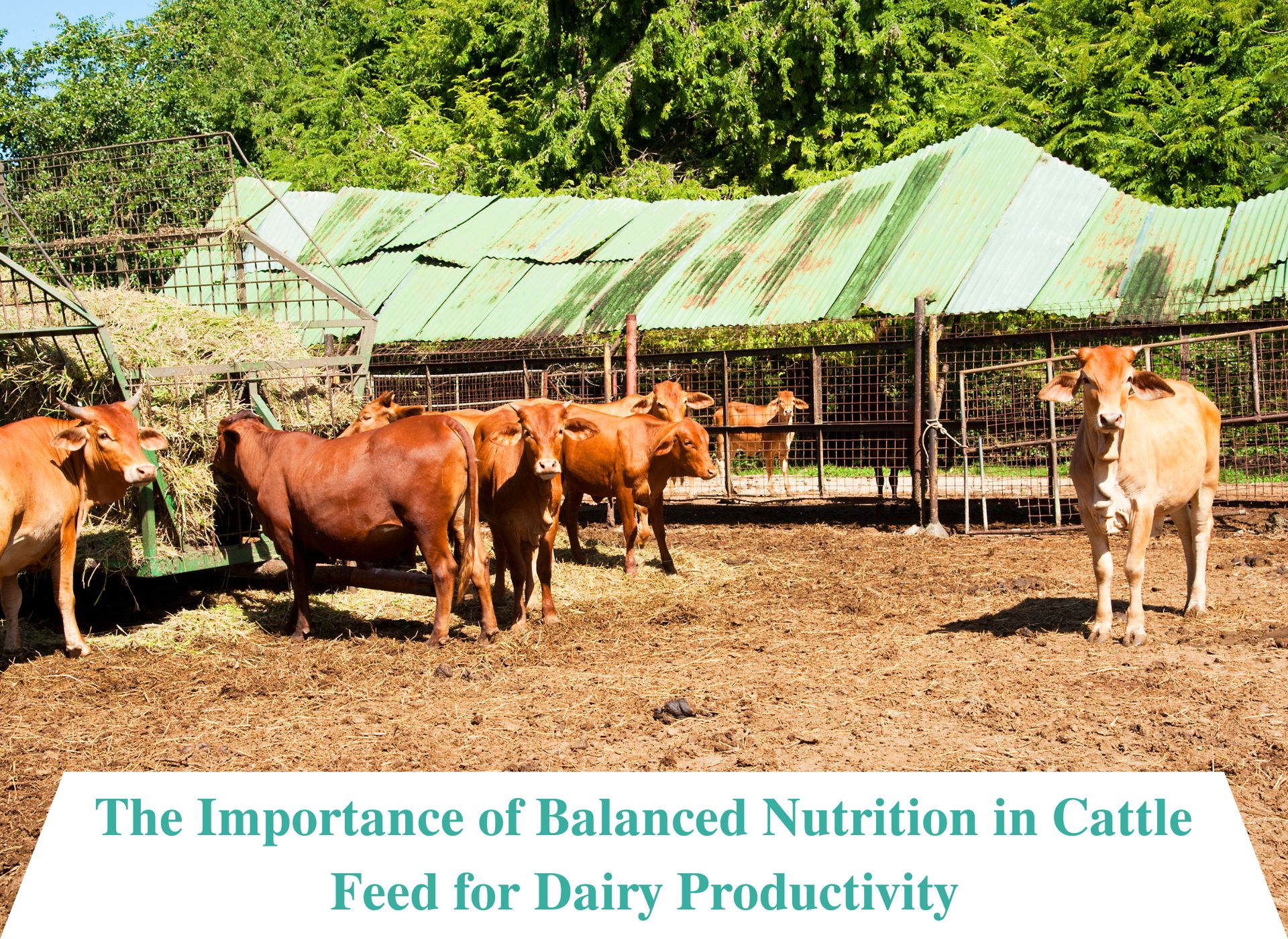Starting a poultry farm can be a rewarding venture, but success hinges on having the right infrastructure and tools. For new farmers, understanding which poultry equipments are essential is the first step toward creating an efficient and profitable operation. From feeding systems to climate control and disease management, the right setup ensures healthy birds, better productivity, and long-term sustainability. In this guide, we’ll walk you through the must-have poultry equipments that every new farmer should invest in—and how these tools, when paired with quality poultry feeds, can make a big difference.
1. Feeding Systems: The Foundation of Poultry Nutrition
Proper feeding is central to poultry health. While the quality of poultry feeds is crucial, how the feed is delivered also matters. Automatic feeders are a worthwhile investment for farms aiming for consistency and reduced waste. Gravity feeders are great for small setups, while automated pan feeders suit larger operations.
Working with reputed poultry feeds manufacturers ensures that your birds receive nutritionally balanced meals, but the correct feeding equipment makes sure the feed is accessible, clean, and efficiently used. A poultry feed supplier may also offer equipment recommendations compatible with their feed formulations.
2. Watering Systems: Ensuring Hydration and Hygiene
Clean, fresh water is just as important as poultry feeds. Nipple drinkers, bell drinkers, and automatic water lines help maintain hygiene and prevent water spillage. Proper watering systems reduce the risk of bacterial infections and ensure birds remain hydrated, especially during high-temperature days.
Good poultry feeds manufacturers often emphasize hydration as a complementary component to their feeds. Hence, investing in a reliable watering system is a non-negotiable requirement.
3. Brooding Equipment: Giving Chicks a Strong Start
Newly hatched chicks require a warm, safe environment to thrive. Brooders equipped with heating lamps or gas heaters help maintain the right temperature during the early stages. Brooding guards, chick trays, and temperature sensors also help in creating a comfortable environment for the chicks.
Pairing efficient brooding systems with high-quality starter poultry feeds from a trusted poultry feed supplier ensures chicks get the nutrition and care they need from day one.
4. Ventilation and Climate Control Systems
Temperature and air quality play a major role in poultry health. Without proper ventilation, ammonia levels can rise, leading to respiratory issues and reduced feed intake. Exhaust fans, air inlets, and misting systems help control temperature and humidity levels.
A well-ventilated environment also supports the digestion of poultry feeds, enhancing feed conversion rates. Many poultry feeds manufacturers suggest optimizing environmental factors to get the most out of their feed formulations.
5. Egg Collection and Handling Equipment
For layer farms, egg collection equipment such as automatic egg collectors, egg trays, and conveyor belts help reduce breakage and contamination. Clean handling protects the integrity of the eggs and boosts productivity.
Proper egg handling also aligns with biosecurity protocols, reducing the risk of disease transmission—a concern that also affects feed consumption and effectiveness.
6. Litter Management Tools
Litter conditions influence both hygiene and bird health. Equipment like litter spreaders, manure scrapers, and composters help in maintaining dry, clean bedding. Wet litter not only affects comfort but can also reduce feed intake and lead to health problems.
A clean environment ensures your investment in premium poultry feeds from certified poultry feeds manufacturers pays off in bird performance and wellbeing.
7. Lighting Systems
Light influences egg production, growth, and overall behavior. Timed lighting systems ensure birds get consistent exposure, which is critical for layers and broilers alike. LED poultry lights are energy-efficient and ideal for maintaining optimal light levels.
Lighting can also influence feed intake. A balanced light schedule encourages birds to consume their poultry feeds more effectively, promoting growth and productivity.
8. Weighing and Monitoring Equipment
Monitoring weight gain is essential for evaluating the effectiveness of your feeding programs. Digital poultry scales, feed consumption monitors, and health tracking apps help farmers make data-driven decisions.
Top poultry feed suppliers often provide guidelines on expected weight gains based on feed types. Monitoring tools ensure these targets are being met, helping farmers adjust their strategies as needed.
9. Disease Control and Biosecurity Tools
Biosecurity is critical in modern poultry farming. Equipment such as disinfectant sprayers, footbaths, hand sanitizers, and controlled entry zones help reduce the risk of disease. A healthy flock utilizes feed more efficiently and produces better yields.
Most poultry feeds manufacturers advocate pairing their feeds with strict biosecurity practices to ensure maximum health benefits.
10. Storage Facilities for Feed and Equipment
Poultry feeds must be stored in cool, dry, and pest-free environments to preserve quality. Invest in airtight feed bins, silos, and proper shelving for equipment to maintain hygiene and avoid spoilage.
Collaborating with a reliable poultry feed supplier means you’ll receive guidelines on proper storage practices that maintain feed freshness and nutritional value.
Final Thoughts
While feed quality is a major factor in poultry farming success, having the right equipment to complement your feeding strategy is just as important. Investing in high-quality poultry equipments ensures smooth operations, healthier birds, and better profits.
Whether you’re sourcing your poultry feeds from experienced poultry feeds manufacturers or working with a poultry feed supplier for tailored nutrition solutions, the synergy between quality feed and proper equipment is what defines a truly successful poultry farm. For new farmers, starting with the essentials and scaling gradually with expert guidance is the key to long-term growth.
FAQ’s
1. What basic equipment is required to start a small poultry farm?
Feeders, drinkers, brooders, lighting, and ventilation are the essentials to get started.
2. How does good poultry equipment impact feed consumption and bird health?
It ensures better feed intake, cleaner conditions, and healthier, more productive birds.
3. Can I use manual feeding systems, or should I go for automatic ones?
Manual works for small farms; automatic is better for saving time and reducing feed waste.
4. How important is feed storage equipment in poultry farming?
It keeps poultry feeds fresh and safe from pests, moisture, and spoilage.
5. What should I look for in a poultry feed supplier when setting up my farm?
Choose one with quality feeds, good reviews, and expert support.

